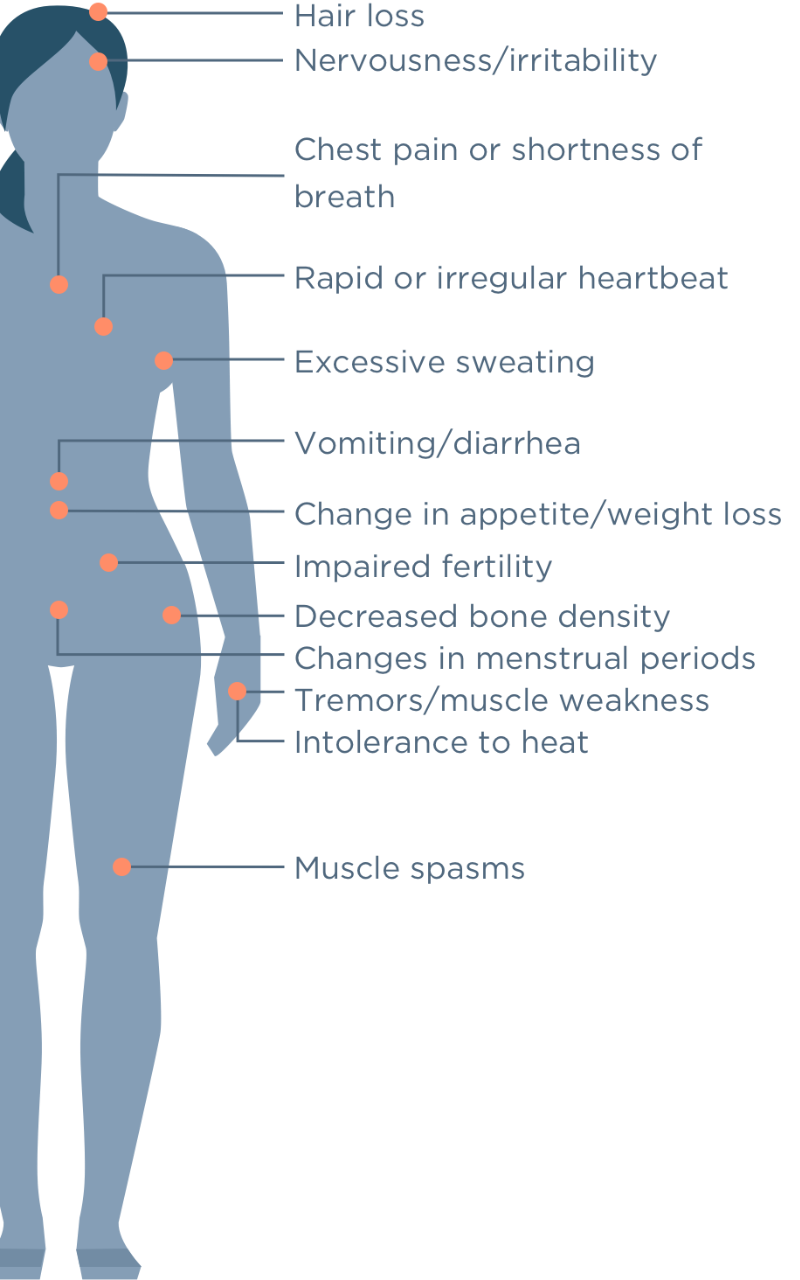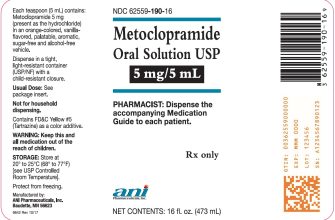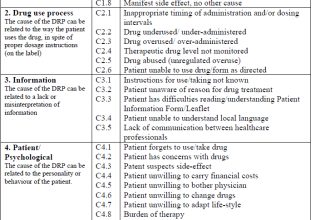Taking the wrong dosage or improperly managing your levothyroxine can lead to several health problems. Dosage errors, whether too high or too low, significantly impact your thyroid hormone levels, resulting in noticeable symptoms.
Hypothyroidism (Underactive Thyroid): If you’re taking too little levothyroxine, or if your body isn’t absorbing it correctly, you might experience fatigue, weight gain, constipation, dry skin, depression, and difficulty concentrating. These symptoms often worsen gradually.
Hyperthyroidism (Overactive Thyroid): Conversely, excessive levothyroxine can cause anxiety, insomnia, rapid heartbeat (tachycardia), weight loss, tremor, and heat intolerance. These symptoms often appear more suddenly than those of hypothyroidism.
| Fatigue | Yes | No |
| Weight Gain | Yes | No |
| Constipation | Yes | No |
| Anxiety | No | Yes |
| Rapid Heartbeat | No | Yes |
| Weight Loss | No | Yes |
Regular blood tests are critical to monitor your TSH (thyroid-stimulating hormone) levels and adjust your levothyroxine dosage as needed. This ensures your thyroid hormone levels remain within the optimal range. Always discuss any changes in your health or medication with your doctor. Do not adjust your dosage without their guidance. Ignoring symptoms or self-treating can lead to serious complications.
Remember, consistent medication intake is crucial, and taking your levothyroxine at the same time each day, usually on an empty stomach, maximizes absorption. Consult your physician or pharmacist for tailored advice on proper usage and to address any specific concerns.










